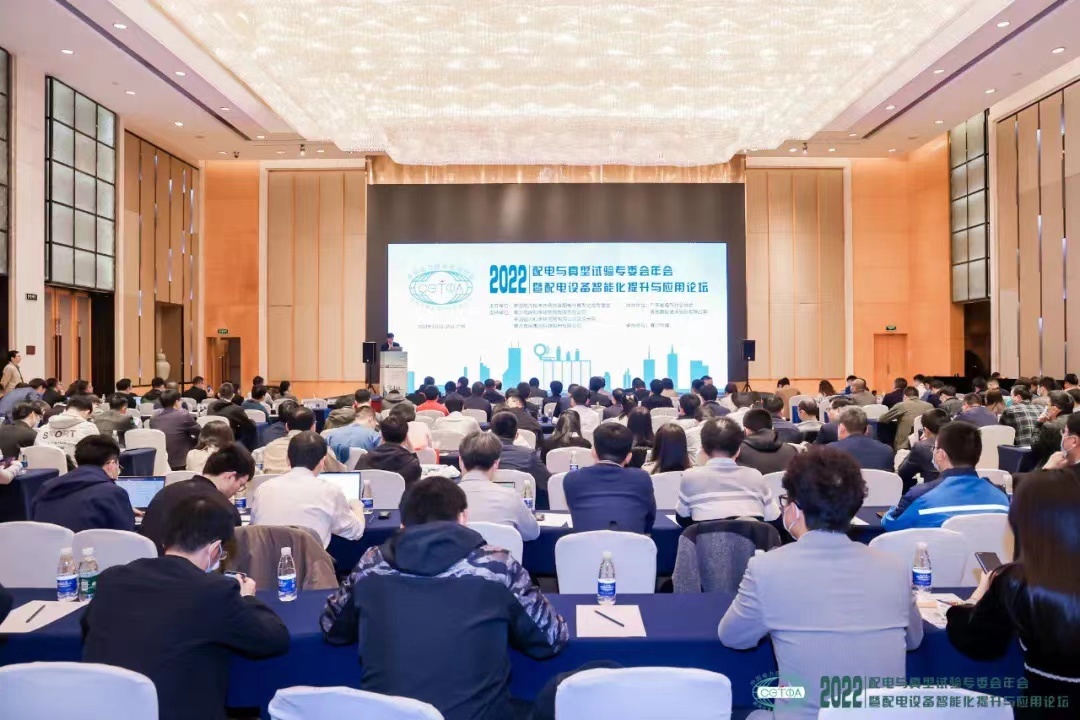23
2024
-
10
Understanding Deep Fusion Embedded Pole Voltage Sensors: A Comprehensive Overview
Author:
Deep Fusion Embedded Pole Voltage Sensors represent a significant advancement in the field of electronic components, particularly in the domain of current and voltage sensing. These sensors are designed to provide precise measurements of voltage levels in various applications, making them indispensable in many industries, including renewable energy, telecommunications, and industrial automation.
Deep Fusion Embedded Pole Voltage Sensors represent a significant advancement in the field of electronic components, particularly in the domain of current and voltage sensing. These sensors are designed to provide precise measurements of voltage levels in various applications, making them indispensable in many industries, including renewable energy, telecommunications, and industrial automation.
The term "Deep Fusion" refers to the integration of advanced sensing technologies and methodologies that enhance the performance and reliability of traditional voltage sensors. By embedding the sensing elements within a pole structure, these sensors can achieve a higher level of accuracy and responsiveness. This innovative design minimizes external interference, thereby improving the signal integrity and overall performance of the voltage measurement.
One of the key advantages of Deep Fusion Embedded Pole Voltage Sensors is their ability to operate over a wide range of environmental conditions. This feature is particularly crucial in outdoor applications, where temperature fluctuations, humidity, and electromagnetic interference can affect sensor performance. The robust design of these sensors ensures they can withstand harsh conditions while maintaining their accuracy and reliability.
In terms of operational principles, these sensors typically utilize advanced signal processing techniques to enhance measurement precision. The integration of deep learning algorithms allows for real-time data analysis, enabling the sensors to adapt to varying conditions dynamically. This adaptive capability is essential for applications that require continuous monitoring and quick response times, such as in smart grids and automated electrical systems.
Moreover, the deployment of Deep Fusion Embedded Pole Voltage Sensors can lead to enhanced safety and efficiency in electrical systems. By providing accurate voltage readings and enabling predictive maintenance, these sensors help prevent electrical failures and reduce downtime. This is particularly important in critical infrastructure, where uninterrupted power supply is vital.
In conclusion, Deep Fusion Embedded Pole Voltage Sensors offer a sophisticated solution for accurate voltage measurement in today's complex electronic environments. Their advanced design and operational capabilities make them suitable for a wide range of applications, ensuring that professionals in the electronics sector can rely on them for precise data and enhanced performance. As technology continues to evolve, the importance of such advanced sensors will only increase, making them a key component in the future of electrical engineering and monitoring systems. Understanding their features and benefits can empower industry professionals to make informed decisions about their implementation and usage in various projects.
The term "Deep Fusion" refers to the integration of advanced sensing technologies and methodologies that enhance the performance and reliability of traditional voltage sensors. By embedding the sensing elements within a pole structure, these sensors can achieve a higher level of accuracy and responsiveness. This innovative design minimizes external interference, thereby improving the signal integrity and overall performance of the voltage measurement.
One of the key advantages of Deep Fusion Embedded Pole Voltage Sensors is their ability to operate over a wide range of environmental conditions. This feature is particularly crucial in outdoor applications, where temperature fluctuations, humidity, and electromagnetic interference can affect sensor performance. The robust design of these sensors ensures they can withstand harsh conditions while maintaining their accuracy and reliability.
In terms of operational principles, these sensors typically utilize advanced signal processing techniques to enhance measurement precision. The integration of deep learning algorithms allows for real-time data analysis, enabling the sensors to adapt to varying conditions dynamically. This adaptive capability is essential for applications that require continuous monitoring and quick response times, such as in smart grids and automated electrical systems.
Moreover, the deployment of Deep Fusion Embedded Pole Voltage Sensors can lead to enhanced safety and efficiency in electrical systems. By providing accurate voltage readings and enabling predictive maintenance, these sensors help prevent electrical failures and reduce downtime. This is particularly important in critical infrastructure, where uninterrupted power supply is vital.
In conclusion, Deep Fusion Embedded Pole Voltage Sensors offer a sophisticated solution for accurate voltage measurement in today's complex electronic environments. Their advanced design and operational capabilities make them suitable for a wide range of applications, ensuring that professionals in the electronics sector can rely on them for precise data and enhanced performance. As technology continues to evolve, the importance of such advanced sensors will only increase, making them a key component in the future of electrical engineering and monitoring systems. Understanding their features and benefits can empower industry professionals to make informed decisions about their implementation and usage in various projects.
Deep Fusion Embedded Pole voltage sensors
undefined













